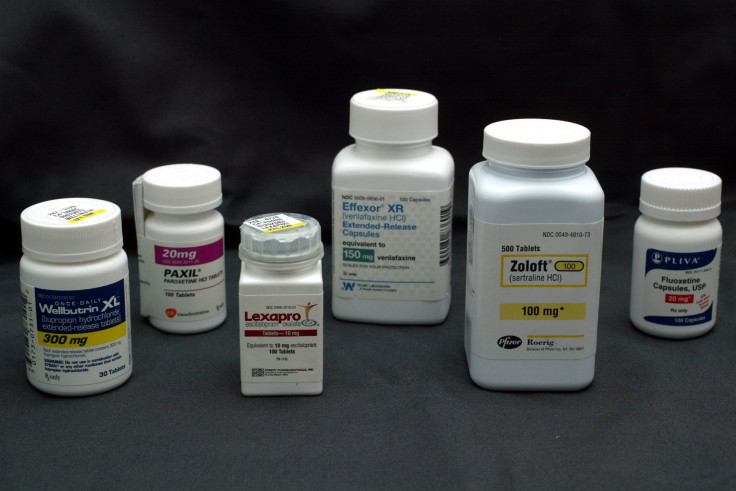How Ketamine Successfully Treats Depression

Scientists at the University of Texas Southwestern Medical Center are one step closer to understanding what makes ketamine so successful at treating depression – and how it might be further utilized. The researchers identified a key protein that causes ketamine to rapidly induce antidepressant effects in the brain, they said in a press release Wednesday.
Ketamine, though often used illicitly due to its psychedelic side effects, can stabilize patients experiencing severe depression in just a few hours. In contrast, other prescribed antidepressants often take weeks to have any significant effect.
Read: What Causes Depression? Stress, Serotonin Gene Link Investigated
“Patients are demanding ketamine and they are willing to take the risk of potential side effects just to feel better,” Dr. Lisa Monteggia, a professor of neuroscience at UT Southwestern’s O’Donnell Brain Institute, said in the press release. “This demand is overriding all the questions we still have about ketamine. How often can you have an infusion? How long can it last? There are a lot of aspects regarding how ketamine acts that are still unclear.”

By identifying the specific proteins that ketamine targets, scientists are one step closer to developing drugs that utilize that same antidepressant effect quickly and effectively. That would be significant for the 148 million adults, or 6.7 percent of the population, who experience major depressive disorder ever year.
“Now that we have a target in place, we can study the pathway and develop drugs that safely inuce the antidepressant effect,” said Monteggia.
According to a separate study by UT Southwestern from more than a decade ago, up to a third of depressed patients did not improve after taking their first medication and 40 percent of people who start taking antidepressants stop taking them within three months. Having a rapid-response drug could make a huge difference for those who can’t afford to wait weeks for a treatment to kick in.
“Ketamine opens the door to understanding how to achieve rapid action and to stabilize people quickly,” said Monteggia. “Because the receptor that is the target of ketamine is not involved in how other classical serotonin-based antidepressants work, our study opens up a new avenue of drug discovery.”
Much is still unknown about ketamine and how it works, but the study out of UT Southwestern moves research in the area one step closer to a full understanding of the subject.
Read: Depression May Be Better Treated By Mental Health App, Study Says
“The benefits I’ve seen are pretty impressive and the data are very strong” said Kyle Lapidus, an assistant professor psychiatry and neuroscience at Stony Brook University, according to WebMD. “The pace of research can be slow for people who are suffering.”
© Copyright IBTimes 2024. All rights reserved.






















